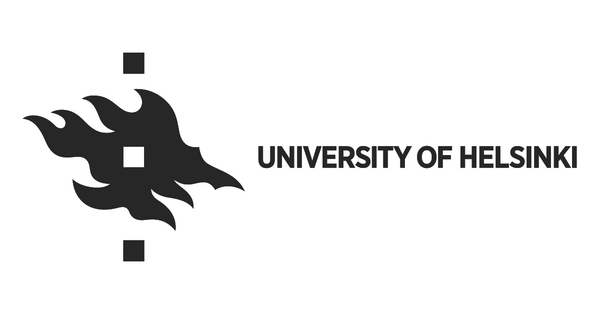University of Helsinki: Changes in the gut microbiota have long-term effects on children’s health
The aim of MICROECO, a project headed by University Researcher Katri Korpela, is to determine precisely which factors affect the functioning and composition of the gut microbiota in small children.
The project investigates the intestinal microbiota of children by combining methods of population ecology with analyses in molecular biology. For this purpose, faecal samples and food diaries will be collected from children. The samples will be analysed for microbial DNA, RNA and metabolites.
“The results will make it possible to accurately determine the role of each individual microbe in the infant gut and how various factors affect the infant gut microbiota as an ecosystem. This knowledge will enable the design of methods that can be used to detect and fix potential defects in the development of the gut microbiota,” Korpela describes the project’s goals.
Development of infant microbiome sensitive to disturbances
In their prior research, the project’s researchers have already explored the development of the infant microbiome, observing, among other things, that the baby receives the most important intestinal bacteria from the mother during childbirth. A caesarean section or an antibiotic administered to the mother during labour inhibit this beneficial transmission of bacteria.
Another factor that typically disturbs the development of the microbiota in children is antibiotic courses given to most of them during their first years of life.
“Factors that disturb the microbiota have a long-term effect on children’s health, which is why supporting the natural development of the microbiota is an important part of their healthcare,” Korpela points out.
Multidisciplinary collaboration and innovative perspectives
The funding awarded by the ERC enables the continuation of the research project until 2027. The multidisciplinary project combines expertise in and methods of microbiology, ecology, bioinformatics and medicine.
“We will investigate the intestinal ecosystem in relation to the host’s health by employing modern molecular and more traditional microbiological methods. We will also utilise theories and analytical methods in the field of ecology, as well as mathematical modelling,” Korpela says.
“Without this funding, a project that is this complex and innovative would be impossible to carry out,” she adds.

